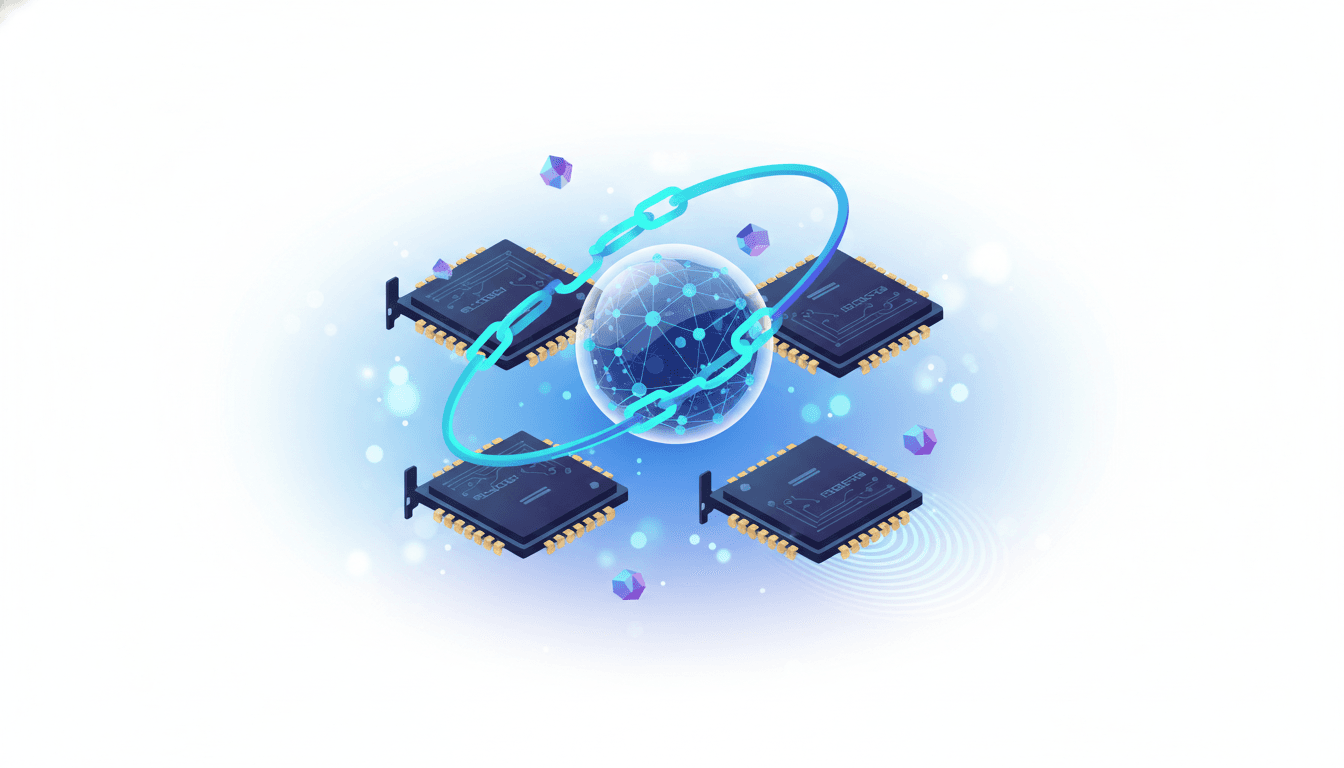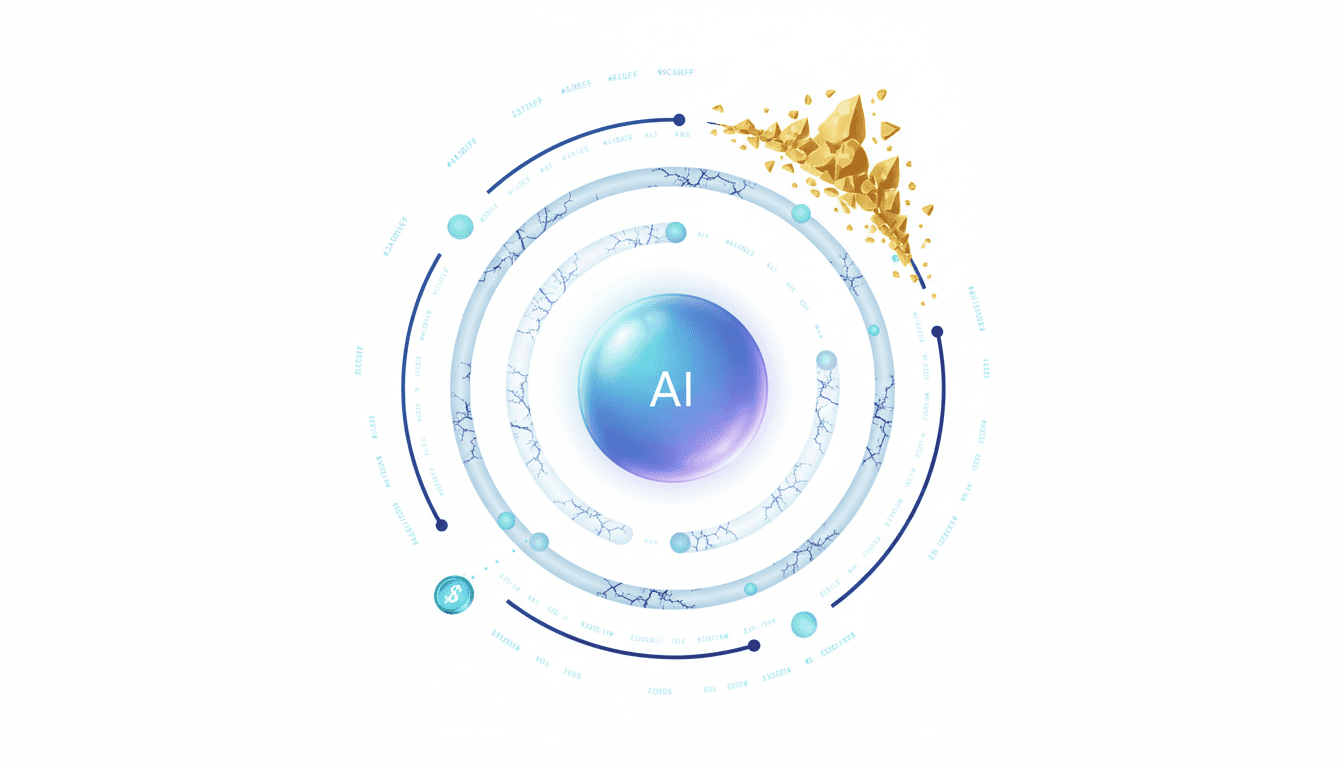Gemini 3.0: Google's Steady AI Upgrades and Developer Tools

⚡ Quick Take
Google's move away from those splashy, one-off AI model launches toward a steady stream of upgrades for its Gemini 3.0 lineup feels like a genuine pivot. The "Gemini 3.0" phase isn't some big-bang moment—it's more like a quiet overhaul of everything from the everyday app to the nuts-and-bolts developer APIs, all centered on these smart, always-on "Live AI" agents. Drawing on Google's unbeatable edges in Search, Maps, and YouTube, it's handing developers some serious firepower, even as it scatters the path ahead with a bit more complexity than before.
Summary: Google's taking things step by step with Gemini 3.0 updates, spreading them across the consumer app, Workspace tools, and the main developer API—zeroing in on better tool handling and tight ties to services like YouTube and Maps.
What happened: From the latest developer logs, we're seeing a public preview of the new File Search API for smarter RAG setups, along with async function calling and tweaks to grounding that pull in real-time info. On the product side, announcements highlight how Gemini now dishes out step-by-step advice via Google Maps or boils down YouTube videos into quick summaries.
Why it matters now: This ongoing rollout hints at a bigger change—from rigid language models to lively, agent-style setups. By baking its own services right into the tools, Google's forging a developer playground that's tough for rivals to match, shifting the fight from raw smarts to how well the whole system plays together.
Who is most affected: Developers and architects building these systems—they're getting potent new APIs like File Search API and advanced tools, but it'll mean rethinking app designs from the ground up. For enterprise CTOs, it's a nudge to weigh how these Workspace and Vertex AI boosts tip the scales on building in-house versus buying off the shelf for AI workflows.
The under-reported angle: Coverage tends to bounce between shiny consumer perks and dry dev notes, missing the real thread. Here's the thing: those fresh YouTube and Maps features in the app? They're the first real-world showcase of the beefed-up tool-use APIs now open to developers everywhere. Google's walking its own talk, paving the way for "Live AI" agents that anyone can craft.
🧠 Deep Dive
Have you ever pieced together a puzzle from bits scattered across different boxes? That's the vibe with Google's slide into the Gemini 3.0 world—a masterclass in keeping things intriguingly vague. No fanfare-filled "launch" day here; instead, it's a nonstop rollout threading through the whole ecosystem. Users, writers, developers—we're all left sifting through blog snippets, API updates, and the occasional rumor to make sense of it. Sure, it muddies the waters a touch, but that fog uncovers the real play: reshaping products around AIs that don't just think hard, but jump in and act on fresh data streams.
For folks like me who's spent years watching these API evolutions, the big shifts hit hardest in the developer toolkit. Take the File Search API now in public preview—it's a leap past your standard RAG, letting you spin up and poke at a managed stash of docs for more nuanced, ongoing knowledge pulls in apps. Pair that with async function calling, and suddenly you've got the bones for intricate agents that handle multi-step jobs off in the background, no user hang-ups. It's the kind of setup that makes interactive AI feel less like a demo and more like everyday magic.
And those dev tools? They're the quiet force driving the stuff users see right away. When Gemini in the app offers to map out your next getaway or distill a rambling YouTube clip, it's flexing the upgraded tool use and grounding smarts. Google's basically making its powerhouse apps into on-call helpers for the AI, cashing in on that huge, locked-in data lead. Coverage often silos these as standalone news bites, but they're flip sides of one idea: Google’s demoing what its fresh building blocks can whip up, raising the bar for what a woven-in AI sidekick looks like.
That said, this piecemeal weaving brings its own headaches—plenty of them, really. Without a straightforward version roadmap (is Gemini 3.0 Pro humming in the app while Vertex AI lags?), teams plotting switches and rollouts end up scratching their heads. Dev forums are buzzing with gripes on where features land regionally, how tiers stack up (straight Gemini versus Advanced or Vertex), and when old 2.x versions fade out. It lets Google iterate fast, no doubt, but dumps the tracking load square on developers. The game's evolved: it's not just picking a model anymore, but nailing down which flavor runs where, with what tools switched on—end of story, or at least the start of a trickier one.
📊 Stakeholders & Impact
Stakeholder / Aspect | Impact | Insight |
|---|---|---|
Google (AI Provider) | High | It's playing its data strengths (Search, Maps, YouTube) like a trump card in the AI race. This drip-feed rollout keeps things nimble for tweaks, though it might stir up some head-scratching in the market. |
Developers & Architects | High | They're unlocking killer agent tools (File Search API, async function calling) to build with, yet wrestling a splintered setup—version puzzles, spotty access, and foggy upgrade routes. |
Enterprise Users (Workspace/Vertex AI) | Medium-High | Workspace's fresh tricks point to a savvier, hands-on assistant. CTOs now have to puzzle out if this tight-knit setup beats going multi-cloud or staying model-flexible. |
Users & Regulators | Medium | Everyday folks score handier features, but deeper hooks into Maps and YouTube data spark fresh privacy worries. That's opening doors for watchdogs to poke around more. |
✍️ About the analysis
From what I've seen tracking these AI waves, this piece pulls together an independent i10x view drawn from Google's straight-from-the-source dev docs, product drops, and the wider news swirl. It's geared toward developers, product leads, and tech execs hungry for the bigger-picture stakes in Google's AI maze—past the quick-hit feature buzz.
🔭 i10x Perspective
Ever wonder if the real AI showdown is less about brainpower and more about how it all connects? Google's "Gemini 3.0" push isn't your typical product debut; it's staking a claim on a whole new AI horizon. While others chase one almighty super-intellect, Google's threading AI straight into its vast digital web. This is ambient computing breathing life through big language models—an AI that's no longer a detached chat box, but a vibrant, in-the-moment helper tuned to your world.
The real watchpoint, though—and I've mulled this over plenty—is if this locked-tight fusion turns into an edge no one can touch, or just a fancy trap. Developers who tap it to craft one-of-a-kind experiences? Google comes out on top. But if the tangles, splits, and tie-downs get overwhelming, the sharpest minds might bolt for open, flexible alternatives—leaving Google ruling a mighty, but walled-off, domain.
Related News

OpenAI Nvidia GPU Deal: Strategic Implications
Explore the rumored OpenAI-Nvidia multi-billion GPU procurement deal, focusing on Blackwell chips and CUDA lock-in. Analyze risks, stakeholder impacts, and why it shapes the AI race. Discover expert insights on compute dominance.

Perplexity AI $10 to $1M Plan: Hidden Risks
Explore Perplexity AI's viral strategy to turn $10 into $1 million and uncover the critical gaps in AI's financial advice. Learn why LLMs fall short in YMYL domains like finance, ignoring risks and probabilities. Discover the implications for investors and AI developers.

OpenAI Accuses xAI of Spoliation in Lawsuit: Key Implications
OpenAI's motion against xAI for evidence destruction highlights critical data governance issues in AI. Explore the legal risks, sanctions, and lessons for startups on litigation readiness and record-keeping.